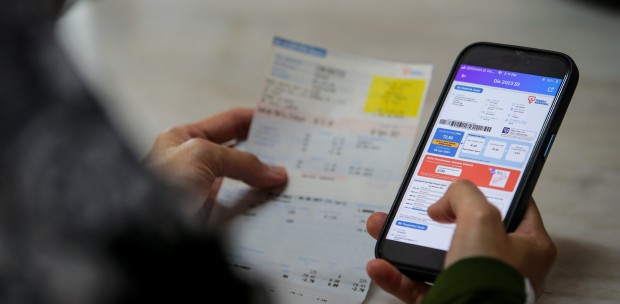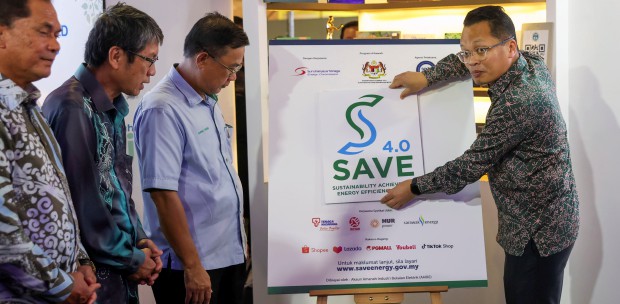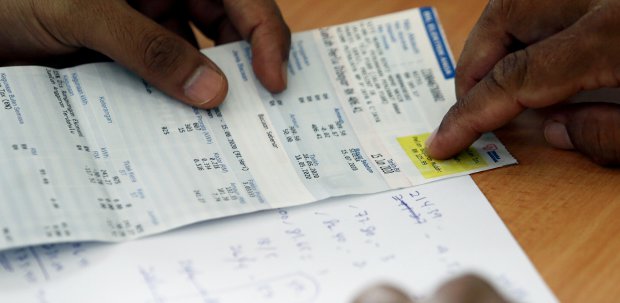KUALA LUMPUR: Consumer associations nationwide urged the government to introduce more incentives to encourage people to adopt energy-saving appliances.
Federation of Malaysian Consumers Associations (Fomca) chief executive officer T. Saravanan said the incentives should be part of a broader effort to enhance energy efficiency and reduce electricity consumption nationwide.
Saravanan said energy-saving technology was always improving and people would benefit from the incentives to adopt energy-saving equipment.
"It is important for the incentives to be comprehensive. They should not be one-off measures.
"When this is done, it will motivate domestic consumers to switch to energy-saving appliances."
He cited the Sustainability Achieved via Energy Efficiency (SAVE) 4.0 programme, which he said should be continued.
The programme offers e-rebates of up to RM400 for purchase of energy-efficient electrical appliances.
The SAVE 4.0 e-rebate is applicable for the purchase of air-conditioners and refrigerators with the four- or five-star energy-efficient ratings issued by the Energy Commission.

It was reported that the previous SAVE 3.0 programme had achieved notable results, recording 324 Gigawatt-hours (GWh) of energy savings, equivalent to an annual cost reduction of RM129.4 million and a decrease of 281,000 tonnes of carbon dioxide emissions.
Saravanan also urged the government to continue implementing policies that will alleviate any burden faced by the low-income group brought on by the rise in electricity cost.
"The tariff increase is supposedly based on the volatility of global fuel prices. But the four to six per cent increase in payment for bills will be a burden to all consumers.
"We hope the government will continue to support vulnerable groups such as the B40 and M40."
He added that the government must also play a role in educating the people on energy efficiency.
"We hope the government can create more awareness so that the people can take the initiative to reduce their consumption and be prudent with electricity usage."
Association of Water and Energy Research Malaysia president Piarapakaran S. said rebates and incentives must be monitored to ensure that they reached the intended target group.
He said another way to reduce overall cost impacts to consumers was to beef up energy efficiency implementation.
He said a dual approach to reduce electricity usage involves static and dynamic efficiency.
"Static efficiency involves government intervention through legislation and mandatory energy efficiency labelling, besides encouraging consumers to adopt energy-efficient practices. However, Malaysia is still lagging in this aspect.
"Dynamic efficiency, on the other hand, relies on active participation from companies and consumers in reducing electricity consumption.
"This involves making choices such as purchasing energy-efficient equipment and actively minimising energy usage.
"But time constraints and work commitments often force Malaysian households to mechanise daily chores, contributing to increased electricity consumption."
He also said the increase in electricity bills could lead to a "double-edged" impact on domestic users.
"With nearly 70 per cent of electricity consumed by the business sector, there are fears that these increased costs will be passed on to goods and services, resulting in a multi-tiered impact on consumers."





